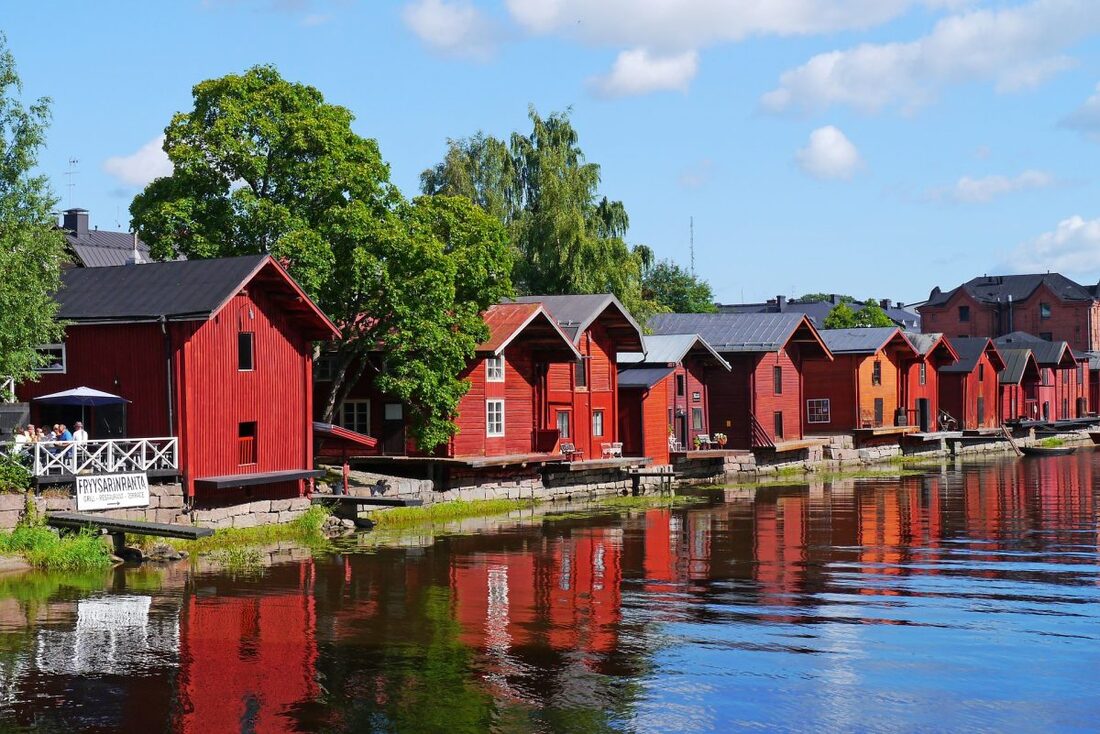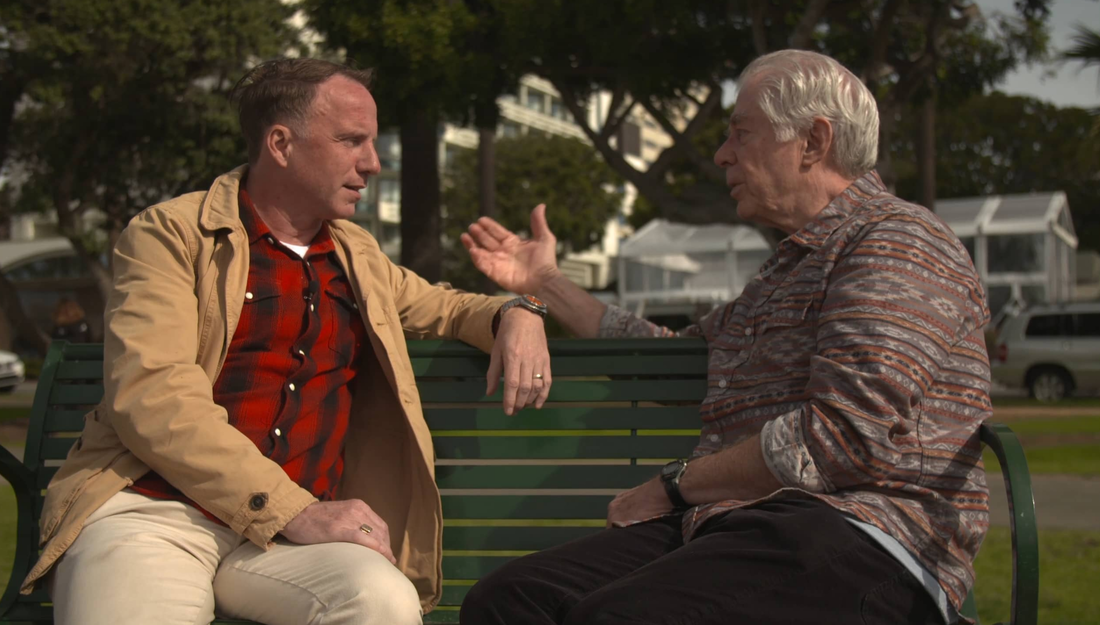|
Returning Households to their place as the central building block of the economy. The Book of Ecclesiastes tells us that there is nothing new under the sun. And the Byrds paraphrased it in their hit song Turn turn Turn and it all surly must be true - even when it comes to economics and taxes. I've been concerning myself with the notion of LABOUR-BASED TAX CREDITS as a rural region economic development tool since early 1995. In fact, that's pretty much been my only idea. But it's proven to be a solid one so I've stuck with it. About 4 years ago after a stint at LSE I came to a foundational conclusion: Households are the basic building block of economies. I know it seems like government and corporations are the real machinery of the economy but it's just not true. Government and corporations work only in service of households. When they fail to serve households - that is when economies fail. Today we suffer from a kind of fast food economics. The simplest way to describe it is growth without prosperity. Empty calorie economics. The problem is people are told by government, media, and corporations so often that everything is jobs jobs jobs and growth growth growth that they don't even have the vocabulary to describe their problem. They just say they are 'worried'. But they try to explain. In a CBC survey last week people described it as best they could as concern about the "cost of living". Growth without Prosperity I've written about this problem a lot. In particular, many new economists are concerned that even the way we measure and talk about economic performance - namely the GDP or Gross National Product - creates this upside down world where government and corporations are more important than households. The problem is the GDP just does not count what really matters. Robert Kennedy, in the weeks before he was killed said, "the gross national product does not allow for the health of our children, the quality of their education or the joy of their play. It does not include the beauty of our poetry or the strength of our marriages, the intelligence of our public debate or the integrity of our public officials. We're now in a place where I think only the accountants can save us. The good news is there's a lot of new writers out there working on the subject in a really interesting and accessible way generally under the genre of Feminist Economics Who Cooked Adam Smith's Dinner? by Katrine Marcel Double Entry - by Jane Gleeson-White Doughnut Economics by Kate Raworth Are all great places to start. A few years ago I took a deep dive in to politics and came out with one big idea - the notion of a labour-based household tax credit. It's a big and very different idea about economic development than the way we've been looking at things since WWII. The idea is to return the household to the centre of economics. I got the idea from studies and work done at Columbia and the Chicago School in the 1960's by Jacob Mincer and Gary Becker Their work got caught up in the times and bogged down by issues like "what is a household?" That wouldn't concern us now as we are free to define it as any arrangement of household affairs.
But it got me going and I worked my best on introducing the notion of a New Home Economics - a labour based household tax credit in Nova Scotia. It did not go well. The current Liberal government not only did not want to hear the idea, within months they announced they would cut the Film Tax Credit I had worked to develop and went to some lengths to say that Tax Credits were the worst. (This line of talk petered out because they actually support many tax credits.) Then I tried to get it up to the plate as an election issue and failed... well... totally. But I did get to pitch the idea and write about it at length. Here's the best synopsis of the idea I could write in June 2017. The notion is we’ve struggled for a long time with political parties that ask us to choose between Big Government and Big Corporations to fuel the economic engine. I believe there’s a third way. A New Home Economics The big idea is that it's a labour based tax credit that helps households, returns them to the central role in the economy and future proofs them for the future of work where households themselves will look more like - and have all the rights and benefits - of corporate businesses. In other words, let's give regular households all the perks enjoyed by the richest and most corporate players in the economy. I believe the result will be to: speed up the pace of the rural economy, and keep capital and economic activity in the rural region longer, creating more wealth and focusing economic effort on the things we care about most - our families, homes, and regional environment. I've continued to write and research about the idea. The new discussion of a Green New Deal that reminded people of the best of Progressive Economics and how economies can be geared toward environmental rebuilding as easiliy as they have been focused on environmental destruction has also helped focus the New Home Economics idea. The Finnish Model This week I've found a major breakthrough in the Finnish Tax Code. This is why I say there's nothing new under the sun - even in economics and taxes. Finland has a Tax Credit For Household Expenses well established with clear rules and results. https://www.vero.fi/en/individuals/tax-cards-and-tax-returns/income-and-deductions/Tax-credit-for-household-expenses/ The rules and regulations are simple, tried, and proven. With this system so completely and clearly worked out and federal and provincial elections coming up I'm genuinely thrilled to start writing talking and lobbying for the idea again. If you're interested, would like to hear more, or want to help, send me a note. Today I saw a great article on NPR about the health and happiness benefits of talking to strangers. I agree so much with this. Like many things that make us better, it makes the community and world better too. Want To Feel Happier Today? Try Talking To A Stranger This morning there was more bad news and more concern about the costs and performance of the Nova Centre and its heavy financial impact on regular households. The CBC article was trailed as it always is by reader comments snarkily stating how obviously flawed this plan has always been.
And yet every government expert interviewed by the CBC steadfastly stays with the notion that this... building... is the best thing ever for the city. How do we change or improve if we can't, like the famous AA 12 steps, first admit that there is a problem and second believe that change is possible. At the heart of the matter is the question, "Under what circumstances will we change our mind?" |
John Wesley
Writing about life, citizenship, and Nova Scotia. Archives
June 2020
Categories
All
|






 RSS Feed
RSS Feed